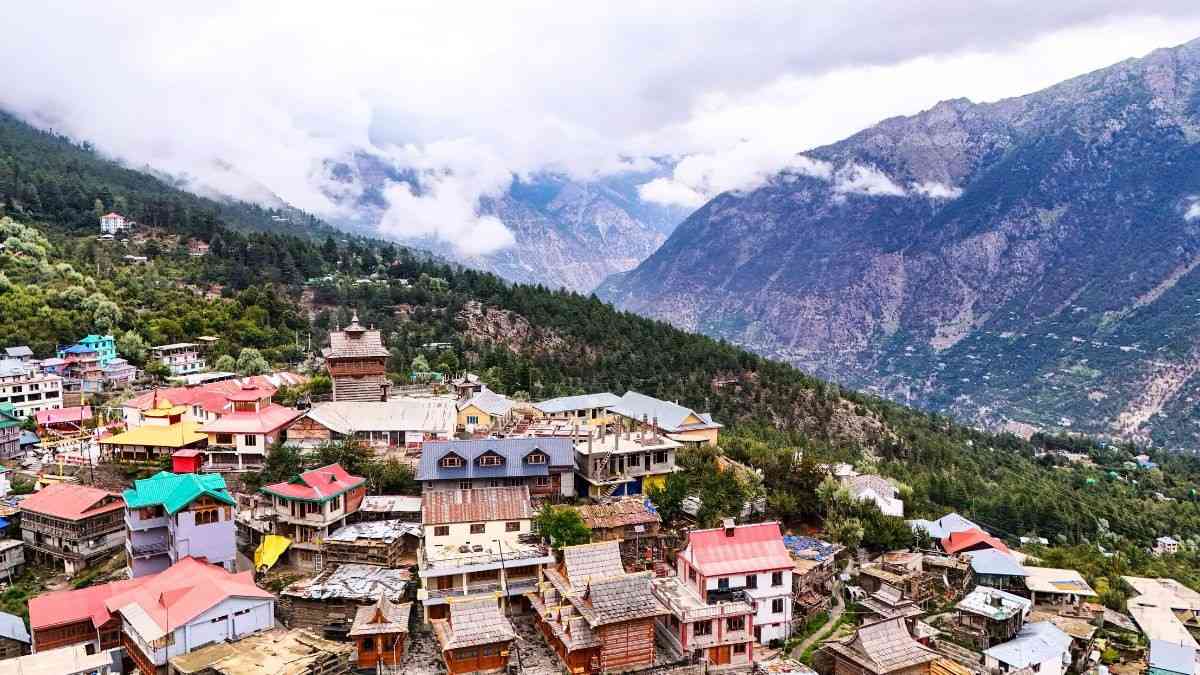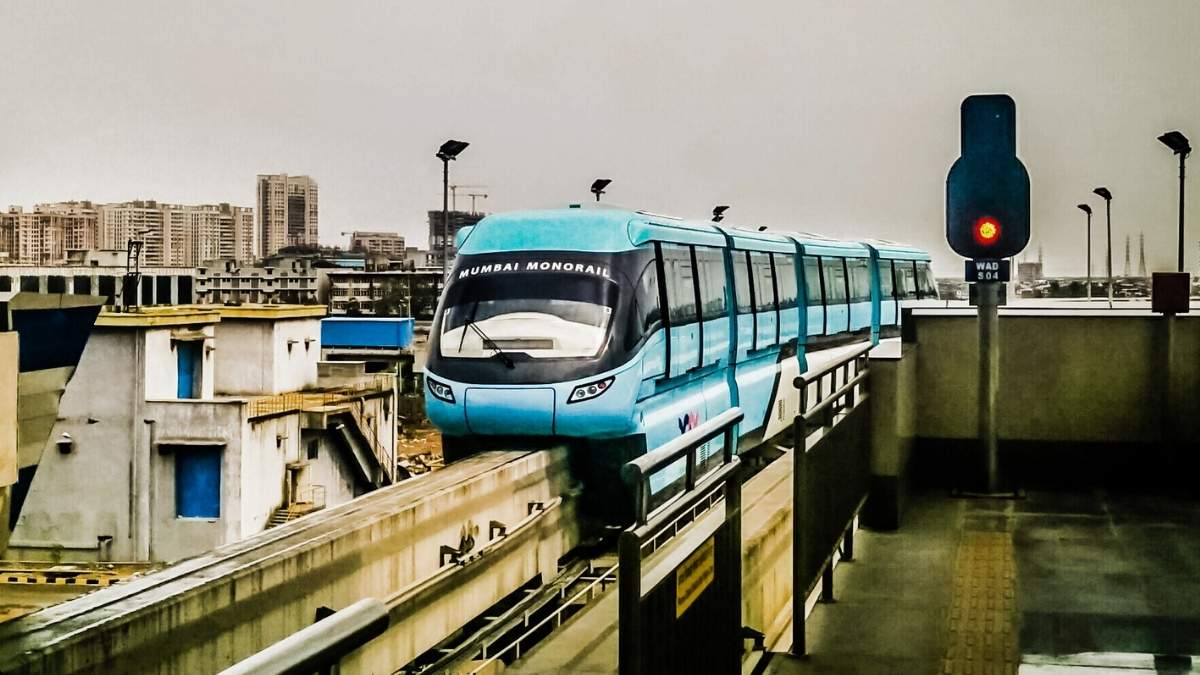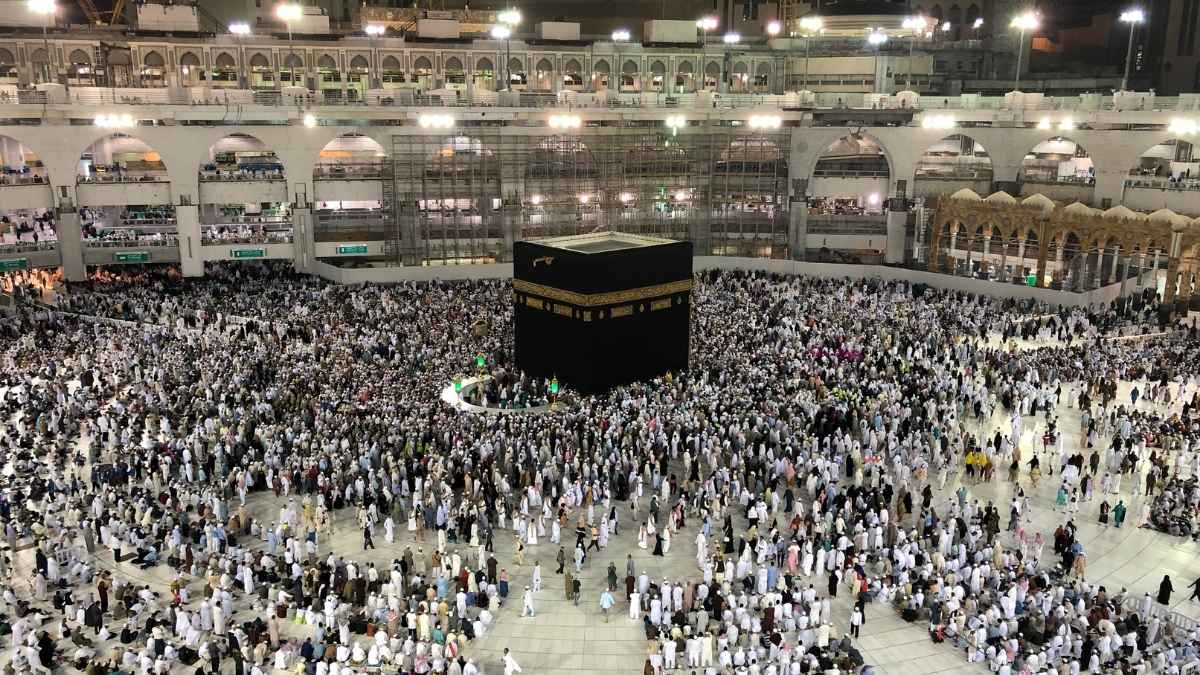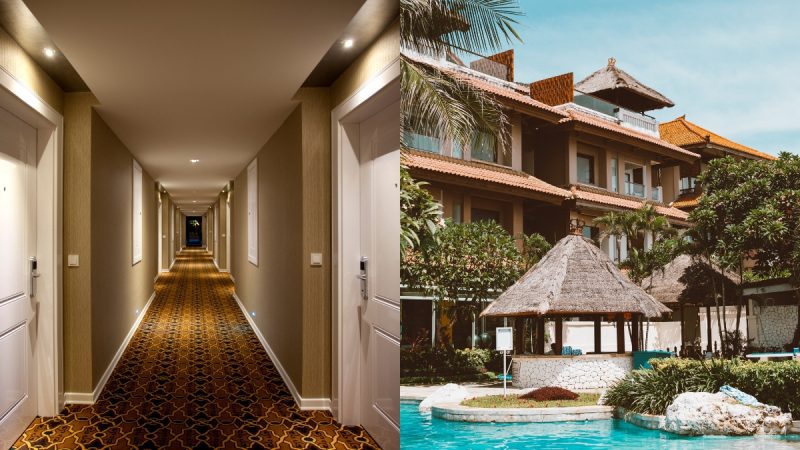Tourism has always been a vital force in the global economy. It connects cultures, creates jobs, and shapes the identities of cities and regions. As the world rebounds from the challenges of COVID-19, the industry is experiencing a powerful resurgence, with travellers seeking immersive experiences and new adventures. In 2024, this resurgence is driven by exciting technological innovations that promise to revolutionise the travel experience. Advanced AI, virtual reality (VR), and sustainable practices are transforming the future of travel.
As part of our deep dive into the future of tourism, we had the privilege of speaking with Saurabh Gahoi, Senior Vice President of the Ramee Group of Hotels. With properties across India’s diverse regions, the Ramee Group is well-positioned to understand the changing landscape of hospitality. During our conversation, Saurabh shared his insights on how advanced technology and evolving guest preferences are shaping the future of travel.
The Future And Evolution Of Travel
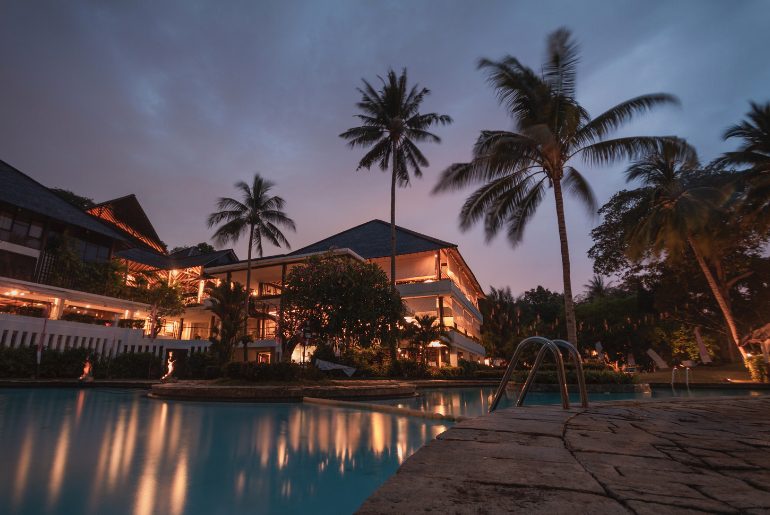
Saurabh was quick to highlight the critical role of artificial intelligence (AI) in the hospitality industry’s transformation. “No one can deny that AI is the future, and this is equally true for the hospitality industry,” he remarked. AI is already beginning to revolutionise the way hotels operate, from anticipating guest preferences to automating services that enhance the guest experience. According to Saurabh, AI’s ability to analyse guest behaviour, preferences, and feedback will enable hotels to “consistently deliver exceptional service” and streamline operations. It will certainly lead to greater efficiency and cost savings.
He explained that at the Ramee Group, AI is being integrated into various aspects of operations to multitask and optimise complex processes. “Exciting advancements are underway in streamlining complex hotel operations through AI, improving efficiency, and multitasking, ultimately leading to significant cost savings on payroll expenses,” he shared. This trend marks a pivotal shift in the hospitality industry. Technology is not only enhancing guest satisfaction but also enabling more efficient business models.
Also Read: Didn’t Get Diljit’s Dil-Luminati Tickets? The Next Best Thing To Do In Each City Instead!
The Rise Of Regional Travel And Religious Tourism
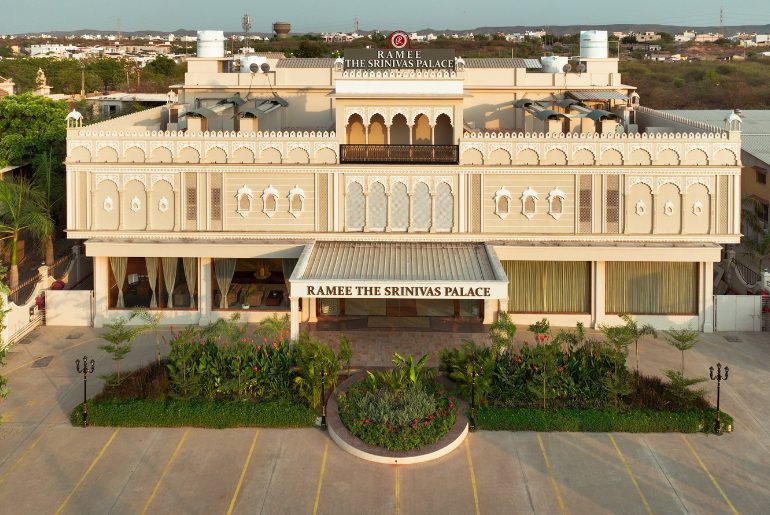
While technology is reshaping guest experiences, the trends in regional travel and religious tourism are also playing a crucial role in redefining the hospitality sector. Saurabh pointed out that destinations like Tirupati, Udaipur, and Bhuj are seeing an influx of both religious pilgrims and cultural travellers. “These locations attract a diverse array of travellers, right from pilgrims to heritage and history enthusiasts. We’re focused on curating experiences that meet every traveller’s distinct needs,” he noted.
At their Tirupati property, they’ve implemented customised packages for religious travellers. In Udaipur and Bhuj, the focus is also on creating immersive cultural experiences, offering local cuisine, and showcasing the regions’ rich heritage.
With Udaipur also being a top wedding destination, the Ramee Royal Resorts & Spa has become a key player in the event market. At the Ramee Royal Resorts & Spa, they offer a variety of banquets to meet the various needs of their patrons for special events. This shows how properties are changing to accommodate guests for both special events and leisure travel.
Shift In Guest Expectations, Catering To The Digital Nomad

The pandemic dramatically altered the landscape of travel, and guest behaviours have shifted accordingly. “Post-COVID, we’ve observed significant shifts in guest behaviour,” Saurabh explained. Cleanliness and safety are now top priorities for travellers. The hospitality industry has also adapted by implementing stringent sanitisation processes, touchless check-ins, and contactless services. At the Ramee Group, this shift has been embraced fully, with the group investing heavily in QR code-based services.
With the rise of remote work, the concept of the digital nomad has become more prominent. Hotels now need to adapt to the needs of professionals who work while travelling. For digital nomads, amenities like high-speed internet, wellness facilities, and business services are essential.
Personalised Luxury And Sustainable Practices
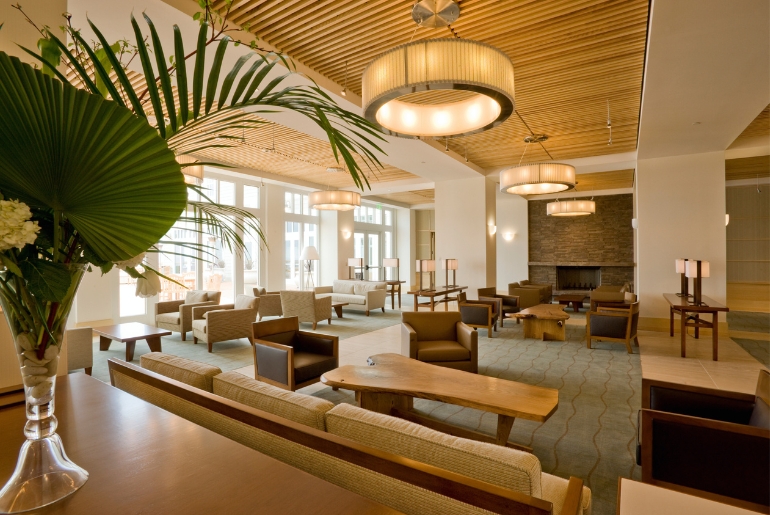
Looking forward, the Ramee Group is committed to delivering hyper-personalised luxury experiences. Saurabh believes that luxury hospitality will increasingly focus on “boutique properties with unique character.” They will cater to the individual preferences of guests. “The future of luxury hospitality will be built around hyper-personalisation. We’re seeing this shift happen where guests are opting for boutique properties with a unique character,” he said.
Sustainability is another pillar shaping the future of the travel industry. As Saurabh revealed, the Ramee Foundation is at the forefront of the group’s efforts to integrate green technologies across its properties. “Our hotels are designed to optimise energy and water usage, employing energy-efficient lighting, heating, and cooling systems,” he explained.
As the world continues to reopen and travellers once again explore far and wide, 2024 promises to be a landmark year for the tourism and hospitality industry. With cutting-edge technologies like AI and VR reshaping how we travel and a focus on sustainability and personalisation, the future of hospitality is bright. Our conversation with Saurabh Gahoi certainly offered a glimpse into this future.
Cover Image Courtesy: Canva
For more such snackable content, interesting discoveries and the latest updates on food, travel and experiences in your city, download the Curly Tales App. Download HERE. First Published: September 27, 2024 11:57 AM

